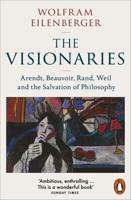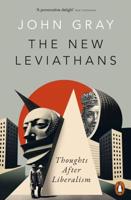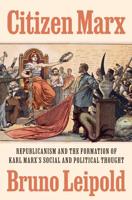Publisher's Synopsis
Choice Outstanding Academic Title 2023
Analyzes how American Muslim women assert themselves as religious actors in the US and beyond, using the Qur'an as a tool for social justice and community building
The Women's Mosque of America (WMA), a multiracial, women-only mosque in Los Angeles, is the first of its kind in the United States. Since 2015, the WMA has provided a space for Muslim women to build inclusive communities committed to gender and social justice, challenging the dominant mosque culture that has historically marginalized them through inadequate prayer spaces, exclusion from leadership, and limited access to religious learning.
Tazeen M. Ali explores this congregation, focusing on how members contest established patriarchal norms while simultaneously contending with domestic and global Islamophobia that renders their communities vulnerable to violence. Drawing on textual analysis of WMA sermons and ethnographic interviews with community members, and utilizing Black feminist and womanist frameworks, Ali investigates how American Muslim women create and authorize new conceptions of Islamic authority. Whereas the established model of Islamic authority is rooted in formal religious training and Arabic language expertise, the WMA is predicated on women's embodied experiences, commitments to social and racial justice, English interpretations of the Qur'an, and community building across Islamic sects and in an interfaith context.
Situating the US at the center rather than at the margins of debates over Islamic authority and showing how American Muslim women assert themselves as meaningful religious actors in the US and beyond, Ali's work offers new insights on Islamic authority as it relates to the intersections of gender, religious space, and national belonging.










